The Stories Untold
By Elias Muhatia.
It all started about a fortnight ago when it was announced that on the 30th May 2017, there would be an interactive session with Mau Mau Veterans in the vibrant villages of Kiambu County. Since I have always loved to understand our history as a country, I booked my position immediately the opportunity was announced. I sincerely appreciate the team at Writers Guild Kenya who make sure such noble opportunities are available.
The Tuesday morning was quite cold accompanied by downpours that nearly interrupted our much-awaited trip. We made our way to the Kenya National Museum; the meeting point before starting the journey. We had a nice discussion for about an hour before the vehicle to ferry us arrived. I learned that among ourselves, people had varied admirable expectations from the visit to the home for Mau Mau Veterans. It was to be a nice day as I observed the faces of fellow enthusiastic writers. Allow me to cut all these short as I am a poor story teller. The narration of how the vehicle could only accommodate eight people yet nearly twenty individuals had assembled and how the C.E.O Writers Guild Kenya could only fold his hands together in a prayerful manner until an alternative was found without creating unnecessary tension in the group. All these might not mean a lot to you, but to me, they mean loads because collectively, it makes me understand and appreciate our country more
It was not until this day that I understood we have been fed with partial history from our classroom system. The real events that happened during the colonial times are only known to those who participated in making the history. More striking is the fact that very few people are putting in efforts to acquire facts from independent fighters whose body strengths are diminishing so fast. The question that immediately pops out is how are we going to make our present if we do not have complete knowledge about the past?
Since class one in school, pupils and students are introduced to the history of our nation that comes in form of different subject titles in various levels of education. These include Social Studies and History. To be more specific, we learn about the Mau Mau revolution and the rule of the white man during the colonial period. The subjects give general information of problems and struggle of Mau Mau fighters during the fight for independence but fails to give the detailed account of occurrences during the period. The subjects highlight how fertile land was forcefully taken by white settlers, forced labour on farms, the formation of detention camps, reserves and others.
However, details of how the forceful acquisition of land occurred, raping of grownup women and young girls, slavery in the homesteads and detention camps. Other details of how Kenyans were not allowed to own any economically viable property and other issues are omitted. You will only get the clear information from Mau Mau Veterans. One on one conversation with them revealed disturbing issues that all of us should be aware of. The colonialists looked down upon Africans to the point of comparing them with monkeys, it was illegal to own crop plantations or livestock, not allowed to own decent jobs or practice any economic activity that could empower one economically. One was to acquire a permit to own property which had serious limitations. For instance, no one was allowed to own healthy and big graded livestock. Such a cow could be slaughtered by the white man without seeking your permission and no one was allowed to question. It was illegal to take meals during the day whether children or adults. If found, it warranted one a serious beating. Kenyans worked as slaves on white farms and if any payment, it was sh.3 per month or simply given leftovers of the white man’s fortunes. No one was allowed to have visitors in homesteads even if they were relatives without the permission of the white man.
Detention camps were made for men who were suspected to be members of Mau Mau movement. The word ‘detention’ sounds better because these camps were murder centres; many who were detained never came back. Women who were suspected of supporting Mau Mau fighters were gang raped or bottles inserted in their private parts. One veteran stated, “A wife belonged to no one, a white man would send you home and ask you to come with your wife, thereafter, he would rape her in your presence and ask you to go back with her!” Some whites were so brutal that they offered their homes as detention camps or sites of mass graves. This is a genocide that has never been recorded in books of history.
Education offered to Kenyans was ridiculous. It was meant to teach Kenyans to be good slaves for the whites. They were also required to know all the names of family members of the Queen of England. Besides, every morning, they were required to pray for the queen and other whites for good and long life.
With these and many more stories never covered in our books, the Mau Mau fighters decided to liberate themselves because life was unbearable. They took an oath never to reveal their operations to anyone, not even their wives. Any traitor faced the immediate death sentence and his body parts were taken to different places. Kikuyu women made it clear to their husbands for not retaliating when Hurry Thuku was arrested and detained in the present day Central Police, “If you can’t fight for our rights, give us those trousers and take these skirts.” The veterans noted, “When we decided to go to the bush and fight, it is not because we liked, it’s because living at home was not better than in a forest.”
The veterans had pieces of advice to young Kenyans: One of them stated: “War is not fun!” He further said, “I saw some of you (young people) were wishing for war, I wish I die before that happens.” Could it be because of our lack of knowledge we wish to be fighting? Or is it just ignorance?
With just this brief session, you realize we need to understand a lot in regards to our history. We need to get the whole story.
Let’s talk through: muhatiaelias@gmail.com

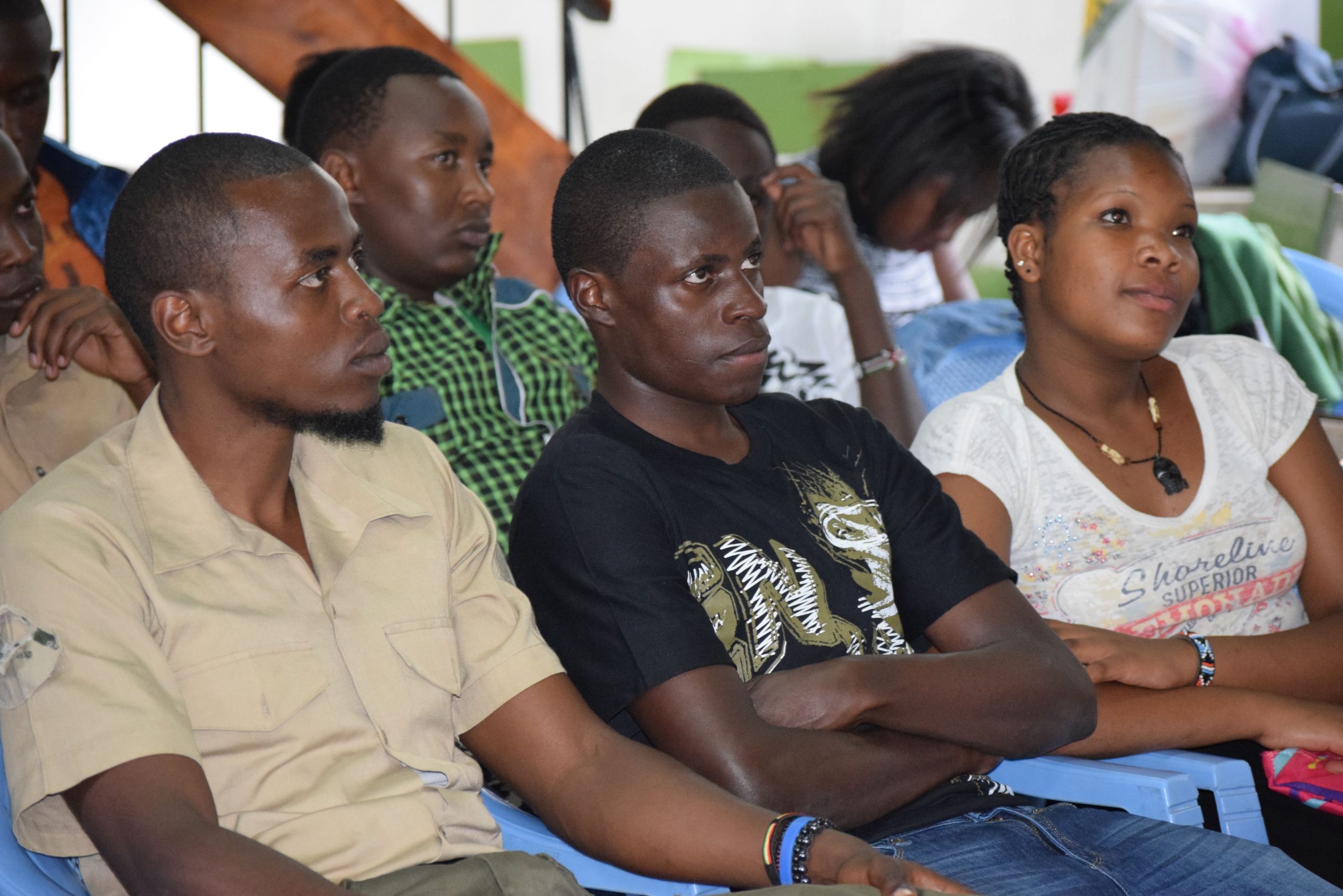

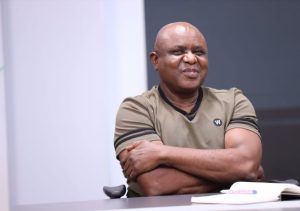

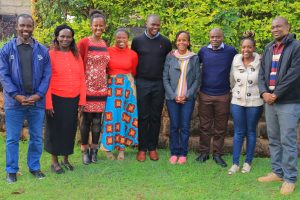

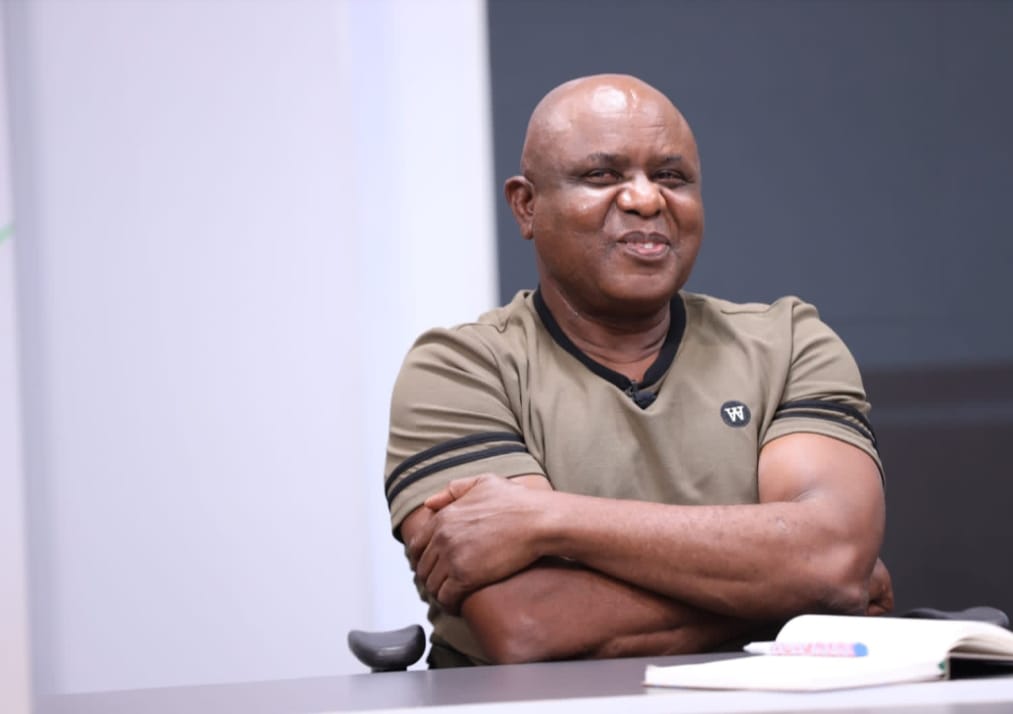
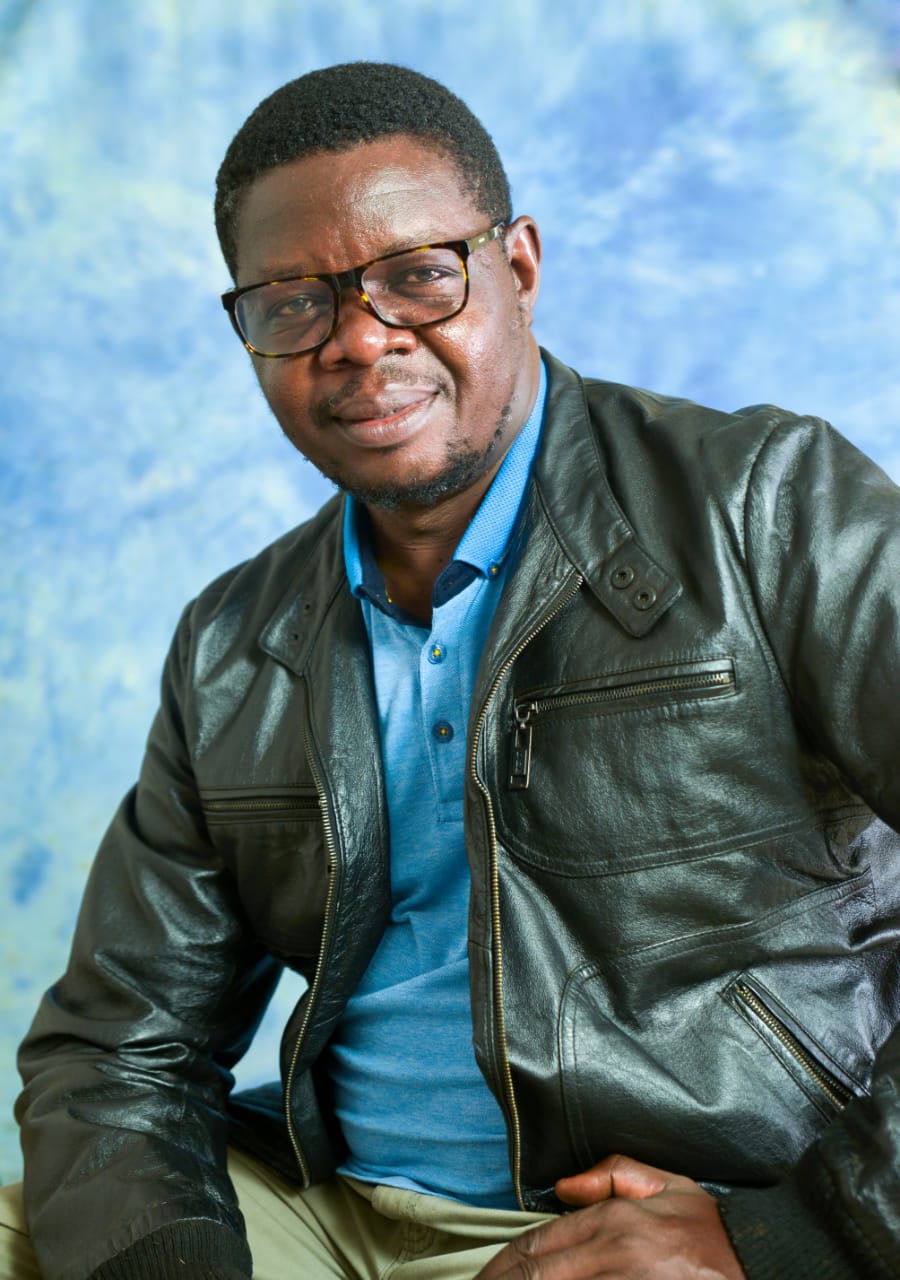
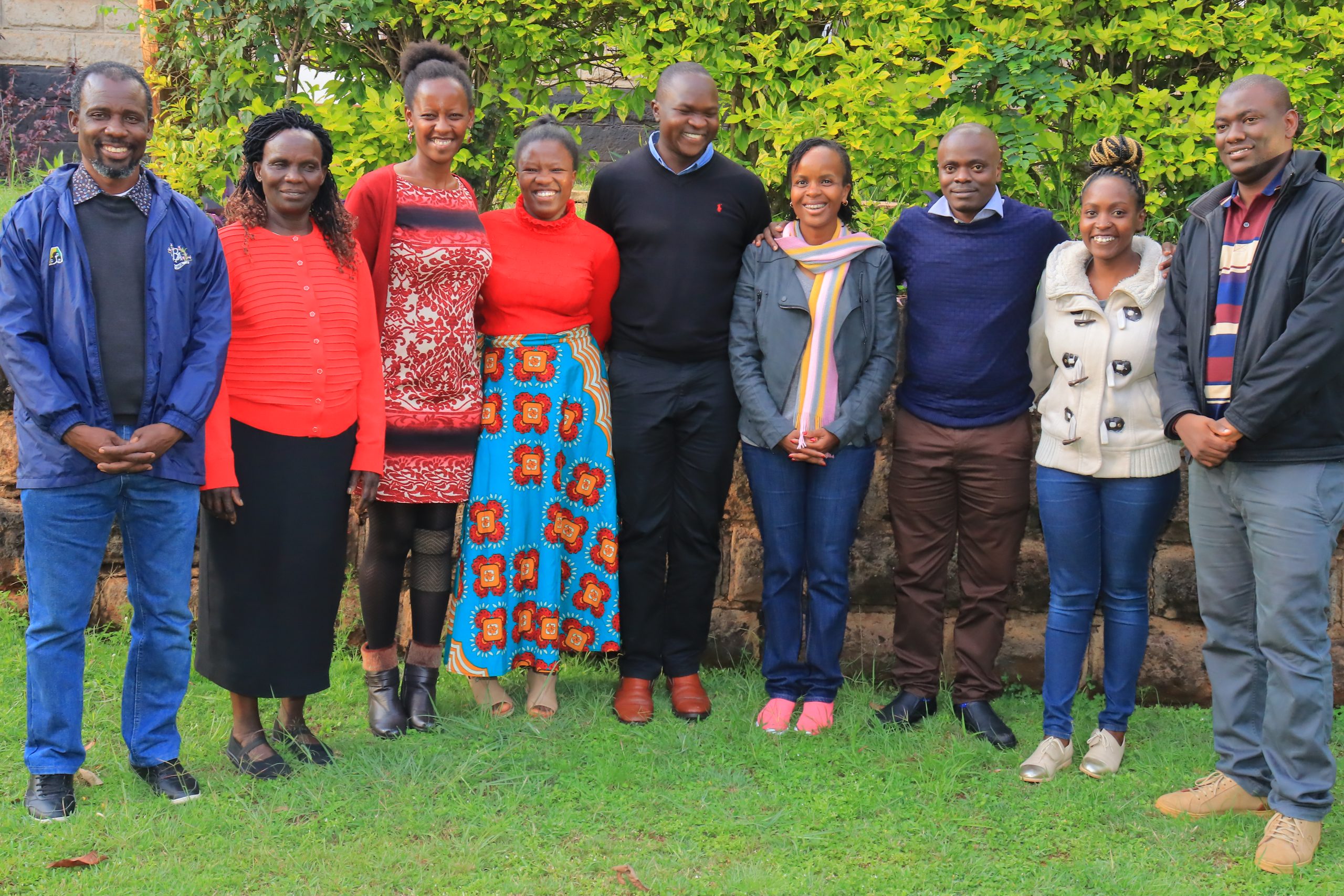

3 thoughts on “The Stories Untold”
nice piece of reality
This is a nice piece Cousin. ..so educative…I have to get the entire story being a History student….
This is good work Couzin….very Educative…being a Historian I have to get the entire story